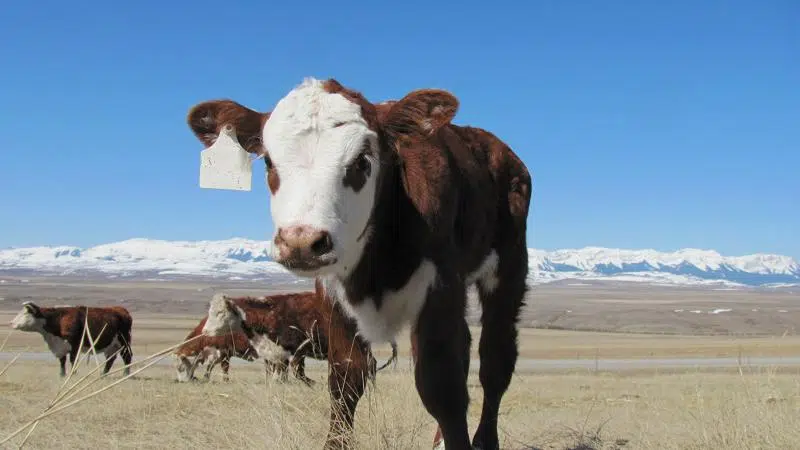
Chinese meat ban likely won’t result in job losses: Canadian Cattlemen’s Association
LETHBRIDGE, AB – The Chinese government has asked Ottawa to suspend issuing certificates for all types of meat products travelling from the Great White North.
The Chinese embassy says customs authorities found ractopamine residues in a batch of pork products exported from Canada. A subsequent investigation reportedly revealed that there were several faked veterinary health certificates attached to the products.
Vice President of the Canadian Cattlemen’s Association Bob Lowe says how much of an impact this will have on Southern Albertan cattle ranchers will depend on how long a potential ban would be in effect.
While he reports that China accounted for 2.6% of all beef exports, those numbers rose by 400% in the first quarter of 2019.


